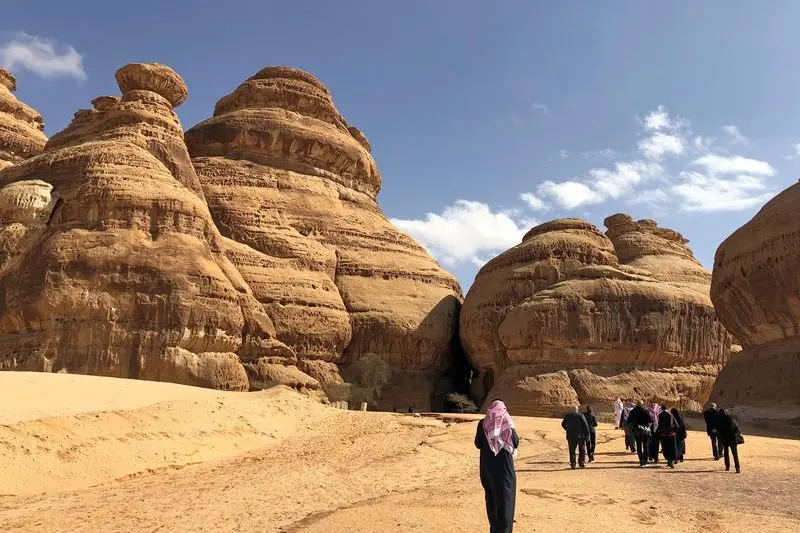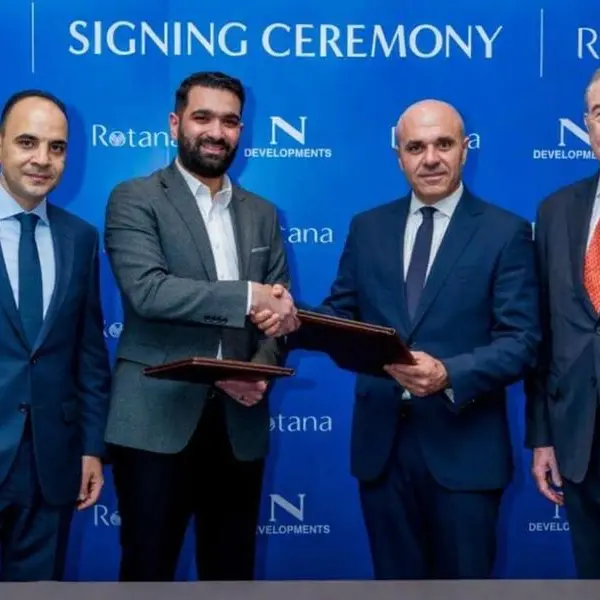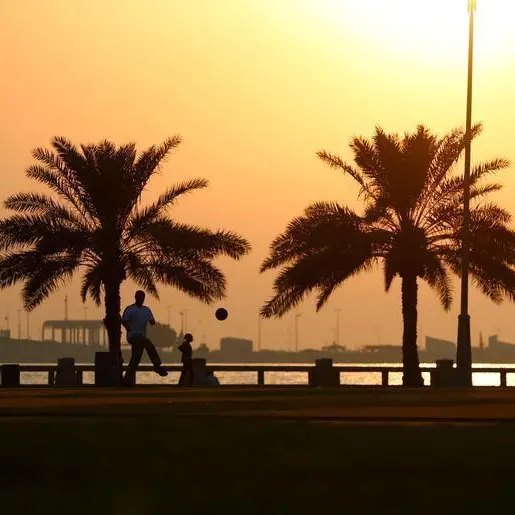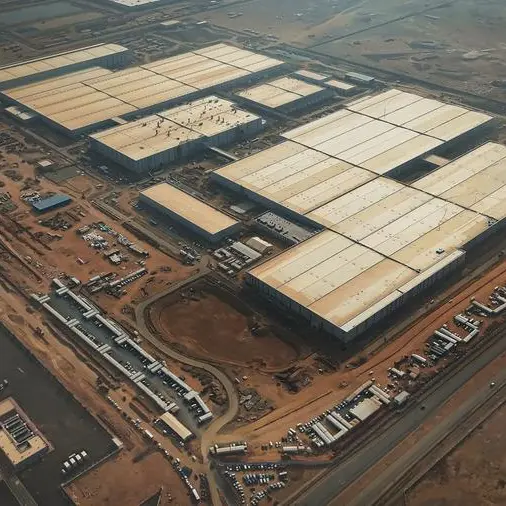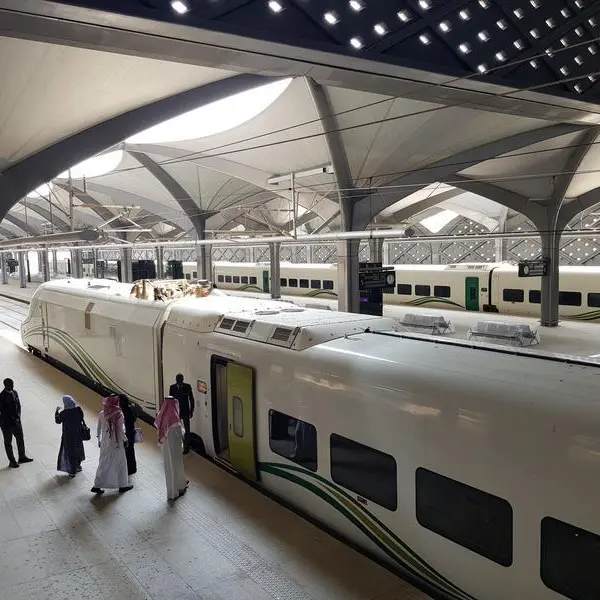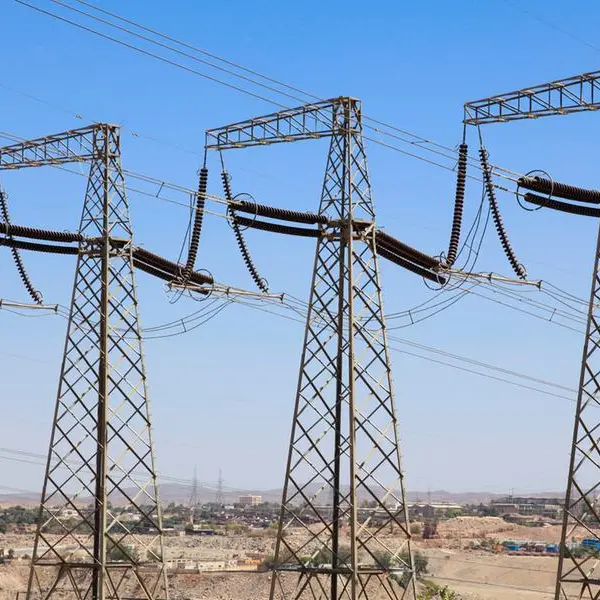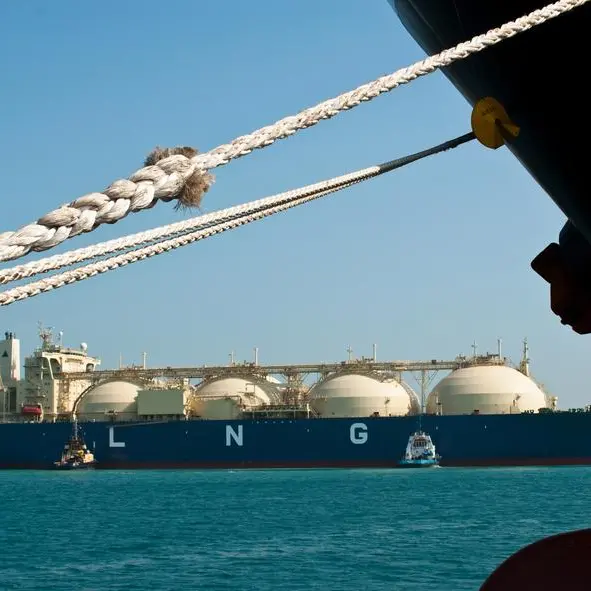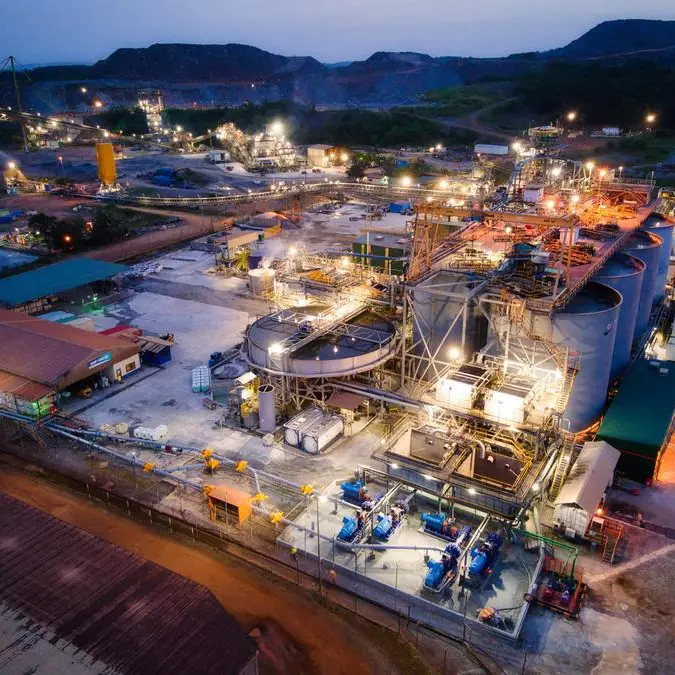PHOTO
The Royal Commission for AlUla (RCU) announced on Wednesday that it has signed two strategic partnerships with US-headquartered AECOM and a French consortium of Egis, Assystem and Setec to put the AlUla master plan into the implementation stage.
RCU said in a press statement that the agreements, signed at the fifth edition of the Future Investment Initiative (FII) in Riyadh, set out a comprehensive development timeline based around three phases that lead up to 2035.
The statement said Phase 1 development, in AlUla's core 20-kilometre (km) historical area, would see more than 57 billion Saudi riyals ($15 billion) of investment in social, economic and sustainability projects in five unique hubs with a focus on infrastructure, hospitality, arts & culture, and social and community development.
RCU CEO Amr AlMadani said the partnerships are critical to realising RCU’s ambition of creating a global benchmark for sustainable tourism.
“While our focus is set on Phase 1, we will ramp up our integrated approach towards the development of Phases 2 and 3 to drive traffic and sustain a regular flow of tourists in the long run,” he said.
According to the press statement, AECOM will provide a range of integrated services across the entire AlUla programme. These include executive-level programme management to integrate all workstreams and major initiatives across RCU to implement the AlUla vision and outcomes, as well as a project delivery office that will work with RCU to implement best practices and delivery from design to construction and operation.
AECOM will also lead all design activities from setting standards, delivering the digital ecosystem, leading innovation, managing designers and delivering scopes. Further, asset and facilities management will be provided for the project lifecycle along with the benchmarking and development of smart city plans and projects.
AECOM, the statement noted, has already invested in training 400 residents to achieve professional vocational qualifications.
Meanwhile, the Egis-led French consortium would bring infrastructure programme management and construction management capabilities to support on-time delivery of AlUla's most urgent projects and long-term development.
A core team will be based in AlUla including high-level specialists for engineering, construction and operations management and a range of international experts to bridge any knowledge gaps, the press statement said.
It said AECOM and the French consortium will also establish robust and resilient policies for the development of renewable energy with 500-plus megawatts of clean power capacity. By 2035 renewable energy will supply 50 percent of demand.
"As we develop infrastructure and other assets that will help to establish AlUla as an exciting business hub servicing the northwest Arabia region, we require world-class partners such as these who will be with us for the long haul and who share our desire to benefit the people of AlUla while creating unforgettable experiences for visitors," said AlMadani.
Since unveiling its ‘journey through time’ masterplan in April 2021, RCU has invested $2 billion in key development projects including expanding AlUla International Airport, completing architecturally awarded Maraya venue, completing water and power-plant infrastructure in the Ashar Valley, and bolstering AlUla County's security infrastructure.
By 2035, when the development is expected to conclude, RCU forecasts that the population will more than triple to 130,000 with 38,000 new jobs created and AlUla contributing 120 billion riyals ($32 billion) to Saudi Arabia's GDP. Additionally, 80 percent of AlUla County will be home to nature reserves, with key flora and fauna reintroduced.
Located 1,100 km from Riyadh, in North-West Saudi Arabia, AlUla is spread over an area of 22,561 square km and includes a lush oasis valley, towering sandstone mountains and ancient cultural heritage sites dating back thousands of years to when the Lihyan and Nabataean kingdoms reigned. It also includes Hegra, Saudi Arabia’s first UNESCO World Heritage Site.
(Writing by Senthil Palanisamy; Editing by Anoop Menon)
Disclaimer: This article is provided for informational purposes only. The content does not provide tax, legal or investment advice or opinion regarding the suitability, value or profitability of any particular security, portfolio or investment strategy. Read our full disclaimer policy here.
© ZAWYA 2021
